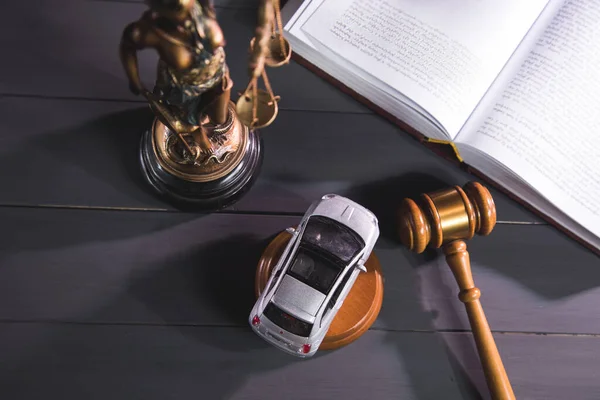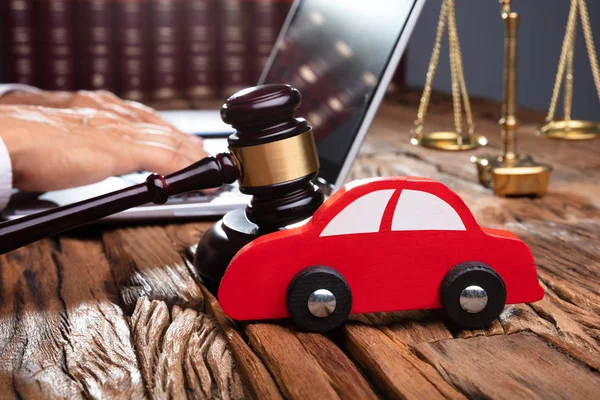California Used Car Buyback: How To Get Compensation For Your Defective Vehicle
Purchasing a used car can be a smart financial decision, but what happens if the vehicle turns out to be defective? Fortunately, California’s Used Car Lemon Law offers protection for consumers stuck with a faulty vehicle. If your used car has ongoing issues that cannot be fixed after multiple repair attempts, you may be eligible for a buyback or compensation. This guide will walk you through the process of seeking compensation for your defective vehicle under California law.
Understanding California’s Used Car Lemon Law
California’s Lemon Law, officially known as the Song-Beverly Consumer Warranty Act, extends certain protections to used car buyers. This law requires manufacturers or dealers to repair or replace vehicles that fail to meet quality and performance standards after a reasonable number of repair attempts. If the issues persist, you may be entitled to a refund or a replacement vehicle.
Eligibility Criteria
To qualify for a buyback or compensation under California’s Used Car Lemon Law, the following conditions generally must be met:
- The car is covered by a warranty. The defect must have occurred while the vehicle was under warranty, whether it’s the original manufacturer’s warranty or an extended warranty.
- The defect is substantial. The issue must significantly impair the vehicle’s use, value, or safety. Minor cosmetic issues usually do not qualify.
- Reasonable repair attempts have been made. Typically, the law requires that the manufacturer or dealer has made a “reasonable” number of attempts to fix the problem. This is often interpreted as at least two to four repair attempts.
- The vehicle is primarily for personal use. The car must be intended primarily for personal, family, or household use rather than for commercial purposes.
Steps to Get Compensation for Your Defective Vehicle
Under California's Lemon Law, a California used car buyback may be possible if the vehicle has persistent defects that impair its use, value, or safety, ensuring consumers receive fair compensation.
Document the Defects:
Start by keeping detailed records of all issues with your vehicle, including dates, symptoms, and how the defects have impacted the vehicle's performance or safety. Maintain copies of repair orders, invoices, and any communication with the dealership or manufacturer. This documentation will be crucial in proving your case.

Attempt Repairs:
Most Lemon Laws require you to give the manufacturer a reasonable number of attempts to repair the vehicle. Make sure you bring the vehicle to an authorized dealership for repairs. Keep records of each repair attempt, noting whether the defect was resolved or persisted. This establishes a pattern of ongoing issues despite repair efforts.
Review State Lemon Laws:
Lemon Laws vary by state, so familiarize yourself with the specific requirements in your jurisdiction, including the number of repair attempts allowed and the timeframe within which these attempts must occur. Understanding these laws helps you determine if your vehicle qualifies as a "lemon" and what compensation you may be entitled to, such as a refund or replacement.
Notify the Manufacturer:
If the defect persists after the required number of repair attempts, send a formal notice to the manufacturer, detailing the ongoing issues and requesting a resolution under the Lemon Law. This notification should be sent via certified mail, including copies of all relevant documentation, to ensure you have proof of your efforts to resolve the matter.
Consult a Lemon Law Attorney:
If the manufacturer is unresponsive or denies your claim, consult a specialized Lemon Law attorney. An experienced lawyer can assess your case, guide you through the legal process, and represent your interests in negotiations or court. The attorney will help you file a lawsuit if necessary, ensuring all legal procedures are correctly followed to maximize your chances of winning compensation.
Negotiate a Settlement or Go to Court:
Many Lemon Law cases are settled out of court through negotiations. Your attorney will work to reach a fair settlement with the manufacturer, which may include a refund, vehicle replacement, or cash compensation. If a settlement cannot be reached, your lawyer will represent you in court, presenting your case to a judge or jury to obtain the compensation you deserve.

What to Expect from a Buyback
Refund:
You will receive a refund for the vehicle’s purchase price, covering your down payment, monthly payments made, and any remaining loan balance. Additionally, the refund will include reimbursement for associated expenses such as sales tax, registration fees, and towing costs, ensuring you are fully compensated for the financial burden caused by the defective vehicle.
Mileage Offset:
The refund amount may be adjusted based on a mileage offset, which accounts for the miles driven before the defect was first reported. This reduction is calculated using a formula specified by state law, and it’s important to understand how this may impact the final refund amount you receive.
Loan Payoff:
If your vehicle was financed, the manufacturer is responsible for paying off the remaining loan balance as part of the buyback process. This ensures that you are not left with any outstanding debt related to the defective vehicle, providing peace of mind and financial closure.
Replacement Option:
In some cases, instead of a buyback, the manufacturer may offer a replacement vehicle of comparable value and features. You have the option to accept this replacement or insist on a refund, giving you flexibility in how you resolve the situation based on your preferences and needs.
4655 Cass St, San Diego, CA 92109, United States.
Phone: +1 619-795-9430

